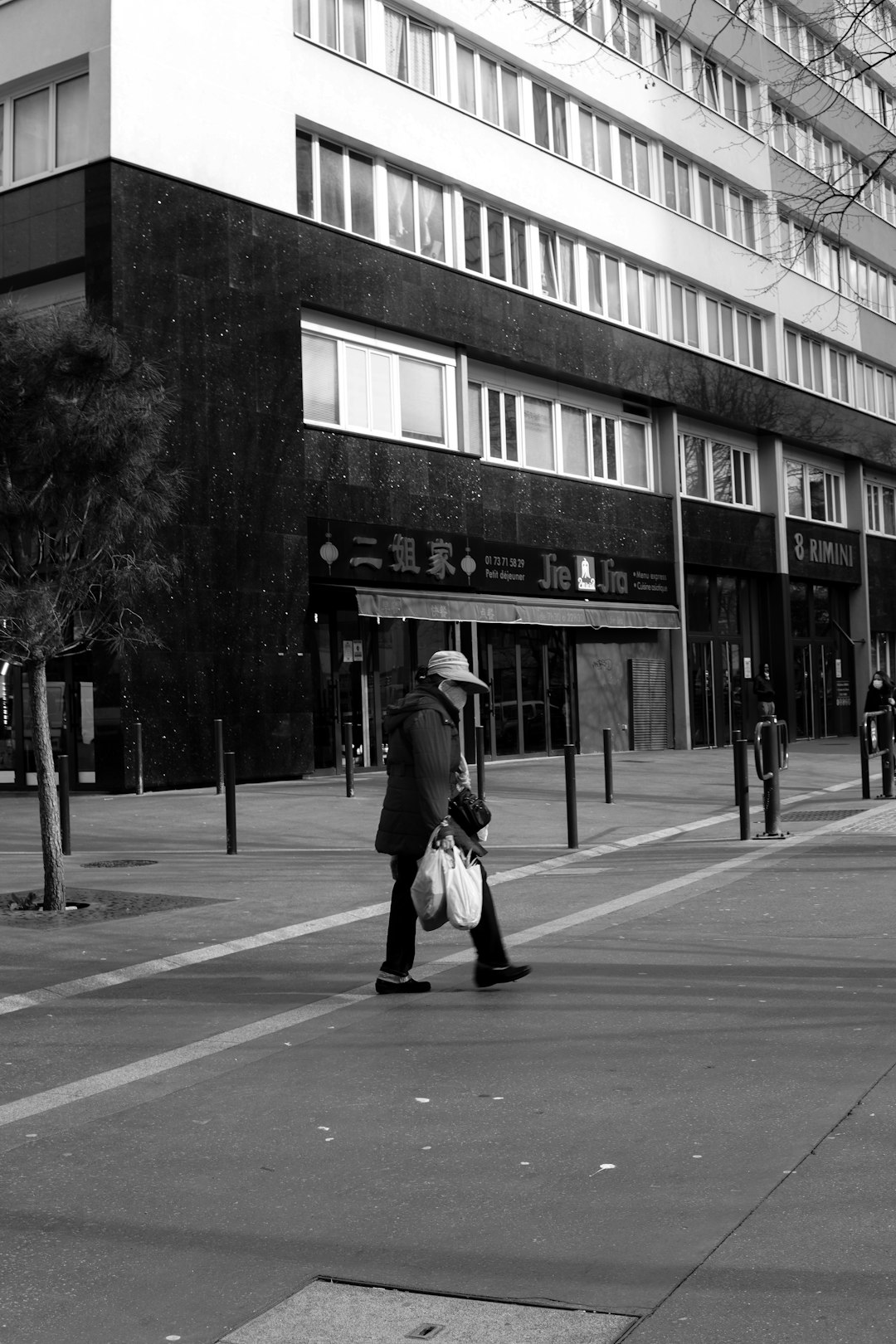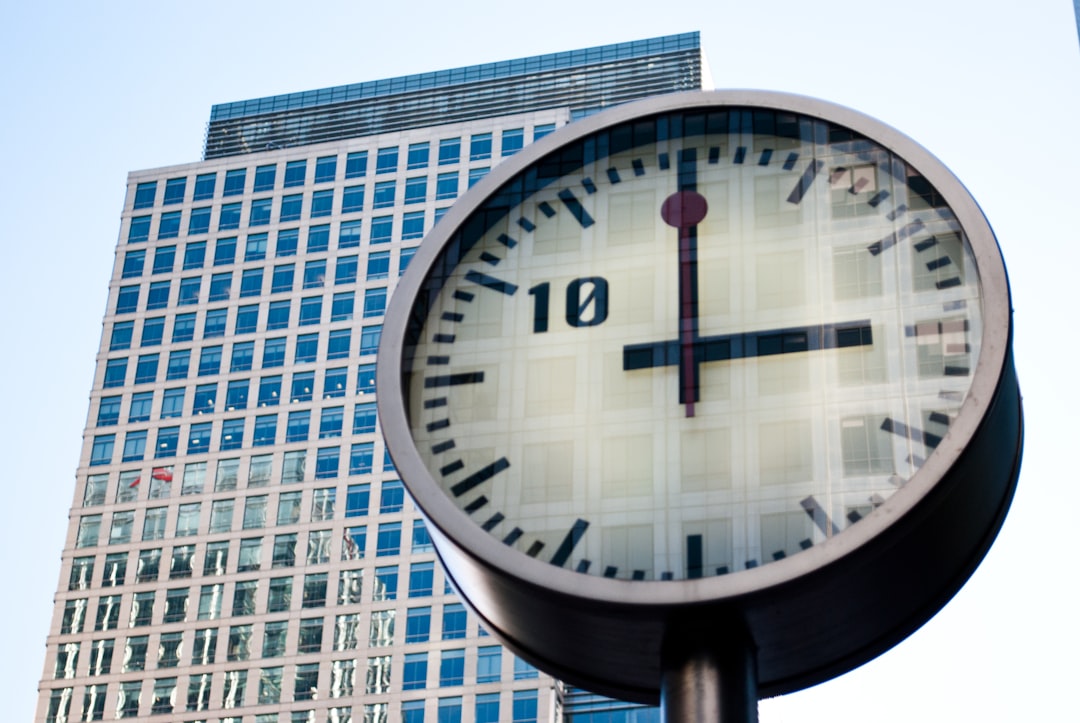The Hidden Power of Punctuality: Why Being on Time Changes Everything
Discover why punctuality isn't just about showing up—it's about respect, trust, and unlocking opportunities. Learn practical strategies to master the art of being early.

There's a moment that happens in every meeting, every dinner reservation, every first date—the moment someone checks their watch and realizes they're waiting. In that instant, punctuality becomes more than a virtue; it becomes a statement about who you are and what you value. The person who arrives precisely on time (or better yet, slightly early) sends a message that reverberates far beyond the immediate moment.
What This Investigation Reveals:
Why arriving 5-10 minutes early creates psychological advantages
The neuroscience behind why punctual people are perceived as more competent
How chronic lateness rewires your brain for stress and poor decision-making
The hidden social costs of being "just 5 minutes late"
- Simple systems to transform yourself into someone who's always on time
Why punctuality might be the easiest path to professional advancement
The Psychology of Time Respect
Punctuality isn't really about time—it's about respect. When you show up on time, you're communicating that you value the other person's schedule as much as your own. When you're late, regardless of your excuse, you're saying their time is less important than whatever delayed you.
Research from DePaul University reveals that people form impressions about trustworthiness within the first seven seconds of an interaction. Arriving late means you've already failed this crucial test before you've even said hello. Conversely, arriving exactly on time—or slightly early—triggers what psychologists call the "halo effect," where one positive trait (punctuality) influences perceptions of other qualities like competence, reliability, and professionalism.

Punctual people create calm, confident impressions from the moment they arrive
The Neuroscience of Being Early
Here's what happens in your brain when you're consistently on time versus chronically late: punctual people develop stronger executive function networks—the parts of the brain responsible for planning, decision-making, and impulse control. They literally become better at managing their lives in all areas, not just time.
Meanwhile, people who are frequently late exist in a state of chronic low-level stress. Their cortisol levels remain elevated, which impairs memory, reduces creativity, and makes them more prone to poor decisions. The irony is profound: being late doesn't just make you look unreliable—it actually makes you less reliable by damaging the cognitive functions you need to be organized.
The Early Arrival Advantage: When you arrive 5-10 minutes early, your brain has time to transition into the new environment. You can observe the room, collect your thoughts, and enter conversations from a calm, centered state rather than the scattered energy that comes with rushing.
What Punctuality Really Signals
Punctuality is a form of social communication that transcends words. Here's what different arrival patterns communicate:
Arriving 10-15 minutes early: Shows enthusiasm and respect, but can sometimes signal anxiety or lack of other priorities.
Arriving 5 minutes early: The golden standard. Shows planning and respect without suggesting you have nothing else important to do.
Arriving exactly on time: Professional and respectful, though it can suggest you're cutting things close.
Arriving 5-10 minutes late: Communicates poor planning or that this commitment isn't a priority.
Arriving 15+ minutes late: Says that your time is more valuable than others', regardless of your intention.
The Professional Cost of Lateness
A study of 10,000 professionals by Harvard Business Review found that people who are consistently 5+ minutes late to meetings are 32% less likely to receive promotions and earn an average of $12,000 less annually than their punctual peers. The researchers concluded that lateness serves as a proxy for other professional qualities—if someone can't manage their schedule, how can they manage larger responsibilities?
The Art of Strategic Early Arrival
The most successful people don't just arrive on time—they arrive strategically. They understand that the few minutes before an official start time are often the most valuable for building relationships, gathering information, and setting the tone for what follows.
Pre-meeting intelligence: Arriving early lets you observe who's already there, what the energy feels like, and what informal conversations are happening. This information can be invaluable for navigating the formal meeting.
Stress-free transitions: When you're not rushing, you can be fully present from the moment you arrive. You're not mentally catching up or physically settling in—you're immediately engaged and contributing.
Relationship building: Some of the most important conversations happen in the five minutes before and after official events. Early arrivals get access to these opportunities.
The Compound Effect of Punctuality
Like financial interest, the benefits of punctuality compound over time. Each on-time arrival builds your reputation incrementally. After months or years, you become known as someone who can be counted on—a reputation that opens doors in ways you might not even notice.
Trust accumulation: Every punctual arrival is a small deposit in the trust bank. Over time, this accumulated reliability gives you credibility when things matter most.
Reduced decision fatigue: When punctuality becomes habitual, you stop having to think about when to leave, what route to take, or whether you have enough time. Your brain can focus on more important decisions.
Stress reduction: Punctual people experience less chronic stress, which improves everything from sleep quality to immune function to creative thinking.
The Psychology of Time Buffers
The secret to consistent punctuality isn't better time estimation—it's building buffers into your schedule. Research shows that humans are terrible at estimating how long tasks will take, a phenomenon called the "planning fallacy." We consistently underestimate time requirements by 20-30%.
The 15-minute rule: Always plan to arrive 15 minutes before you actually need to be somewhere. This buffer accounts for unexpected delays and gives you the psychological space to arrive calmly.
Backward planning: Start with your arrival time and work backward, adding realistic time estimates for each step of the journey. Include time for parking, walking, finding the right room, and transitioning into the right mindset.
The departure ritual: Create a consistent routine for leaving that includes grabbing keys, checking that you have everything you need, and confirming your route. This prevents the last-minute scrambling that leads to delays.

Punctuality starts with organized planning and realistic time estimates
The Punctuality Transformation System
Becoming consistently punctual requires changing both your mindset and your systems. Here's a proven approach:
Week 1: Time Audit
Track exactly how long your regular activities take. Time your commute during different periods, measure how long it takes to get ready in the morning, and note where you typically lose time.
Week 2: Buffer Implementation
Add 25% more time to all your estimates. If you think something takes 20 minutes, plan for 25. This feels excessive at first but accounts for the planning fallacy and unexpected delays.
Week 3: Departure Automation
Create checklists and routines that eliminate decision-making when it's time to leave. Lay out clothes the night before, keep a packed bag by the door, and use the same route until it becomes automatic.
Week 4: Early Arrival Practice
Start treating "on time" as "late." Aim to arrive 5-10 minutes early everywhere. Use this extra time productively—review notes, meditate, or simply observe your environment.
📊 The Punctuality Impact Study
+32%
+47%
-23%
+15%
- Based on Harvard Business Review study of 10,000 professionals over 5 years
The Cultural Dimension of Time
Understanding punctuality also means recognizing its cultural context. In German business culture, arriving exactly on time shows respect. In many Latin American cultures, arriving 15-20 minutes after the stated time is normal and expected. In Silicon Valley, showing up precisely on time to a dinner party might mark you as socially awkward.
The key is reading the context and adjusting accordingly, while maintaining your core commitment to respecting others' time. When in doubt, err on the side of punctuality—it's easier to apologize for being early than to explain why you're late.
The Technology Tools for Perfect Timing
Modern technology offers powerful tools for maintaining punctuality:
Dynamic routing apps: Use apps like Google Maps or Waze that account for real-time traffic and suggest optimal departure times.
Calendar time blocking: Build travel time directly into your calendar appointments so you can see potential conflicts before they arise.
Automatic reminders: Set up location-based reminders that alert you when it's time to leave for your next appointment.
Weather integration: Apps that factor weather conditions into travel time estimates can prevent weather-related lateness.
The Deeper Philosophy of Time Respect
Ultimately, punctuality reflects your relationship with time itself. Chronically late people often have an unconscious belief that there will always be "more time"—that schedules are suggestions rather than commitments. Punctual people understand that time is finite and that respecting others' time is a form of love and consideration.
This mindset shift—from time abundance to time scarcity—changes everything. When you truly internalize that everyone's time is limited and precious, showing up late becomes not just inconsiderate but almost immoral. You're literally stealing moments from someone else's life.
Your Punctuality Action Plan
Start by identifying one recurring commitment where you're often late. Apply the 25% time buffer rule and practice arriving 5 minutes early for one week. Notice how this changes the experience for both you and others.
Use TimeWith.me to block realistic travel time between appointments. This prevents the over-scheduling that leads to chronic lateness and helps you build punctuality into your daily rhythm.
Plan Your Perfect Schedule →
The Punctuality Paradox
Here's the fascinating paradox of punctuality: the people who are always on time are usually the busiest people. They've learned that respecting time—both theirs and others'—is the only way to accomplish everything they want to do. They don't run late because they can't afford to; every minute matters when you're trying to make the most of your life.
Meanwhile, people who are frequently late often have more flexible schedules but haven't learned to use time efficiently. They operate under the illusion that time is abundant, which leads to poor planning and constant stress.
The transformation from chronically late to consistently punctual isn't just about showing up on time—it's about respecting the finite nature of life itself. When you understand that every moment someone waits for you is a moment they can't get back, punctuality becomes not just a courtesy but a moral imperative.
Your reputation, your relationships, and your opportunities all hinge on this simple practice: showing up when you say you will. In a world where reliability is increasingly rare, punctuality becomes a superpower—one that's available to anyone willing to plan ahead and respect the sacred nature of time.